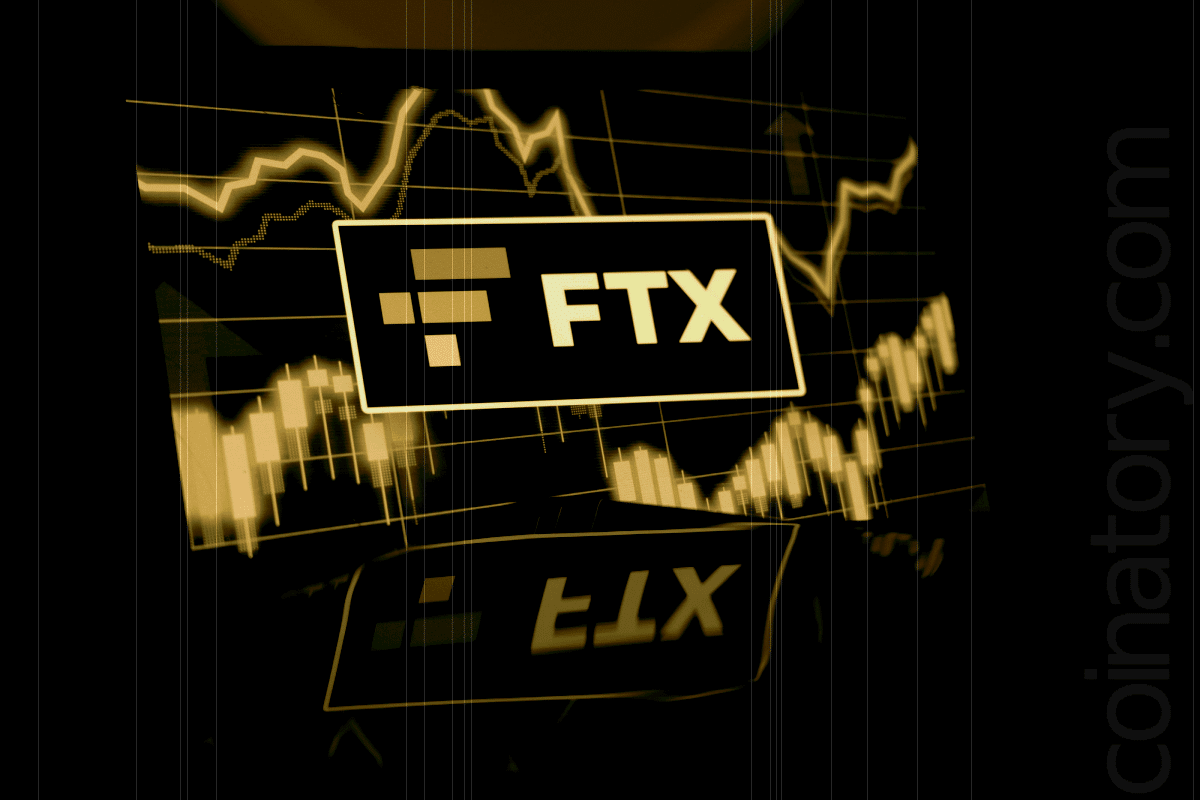
The United States Securities and Exchange Commission (SEC) has signaled potential opposition to FTX’s repayment strategy if it involves using stablecoins to reimburse creditors. This development emerged from an SEC court filing on August 30 with the U.S. Bankruptcy Court in Delaware, where the regulator indicated its readiness to contest repayments made in US-dollar-pegged cryptocurrencies.
While the SEC’s filing clarified that repaying creditors with stablecoins is not necessarily illegal, it highlighted the agency’s intention to scrutinize any such transactions under federal securities laws. This cautious stance is part of the SEC’s ongoing oversight as FTX explores various options to compensate creditors following its high-profile collapse in November 2022.
FTX’s Repayment Strategy Under Scrutiny
FTX has proposed several avenues to address its obligations to creditors, including a now-shelved plan to resurrect the exchange. The current proposal centers on liquidating assets and repaying creditors based on the U.S. dollar value of those assets at the time of FTX’s bankruptcy filing. Under this plan, creditors would receive repayments in cash or stablecoins.
“The SEC is not opining on the legality, under federal securities laws, of the transactions outlined in the Plan and reserves its rights to challenge transactions involving crypto assets,” the SEC noted in its filing. Furthermore, the agency raised concerns over the absence of a designated “distribution agent”—a firm responsible for managing the distribution of funds to creditors, whether in cash or stablecoins.
Criticism from the Crypto Community
The SEC’s approach has faced backlash from influential figures in the cryptocurrency industry. Alex Thorn, Head of Research at Galaxy Digital, and Paul Grewal, Chief Legal Officer at Coinbase, have both criticized the SEC’s stance. Thorn labeled the SEC’s actions as “jurisdictional overreach,” especially given the agency’s recent decision to drop its case against Binance USD (BUSD) issuer Paxos in July.







